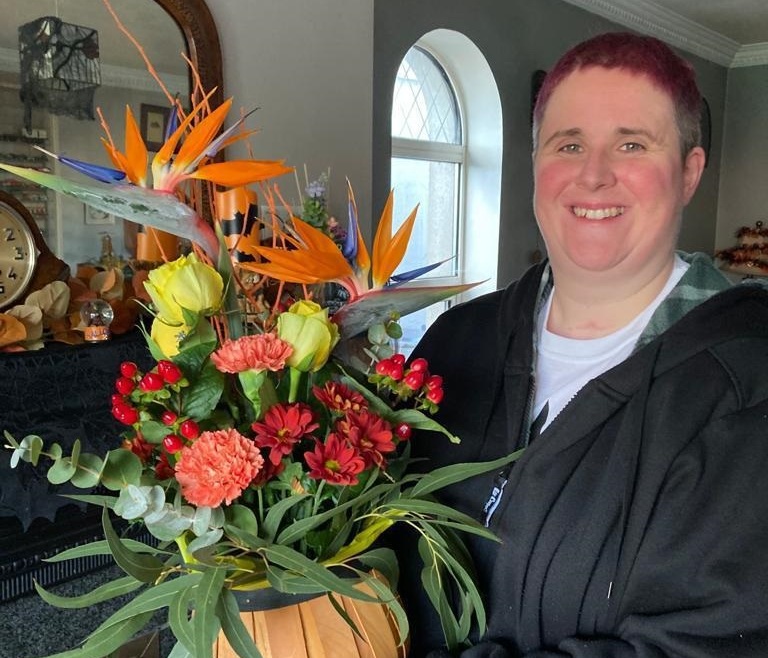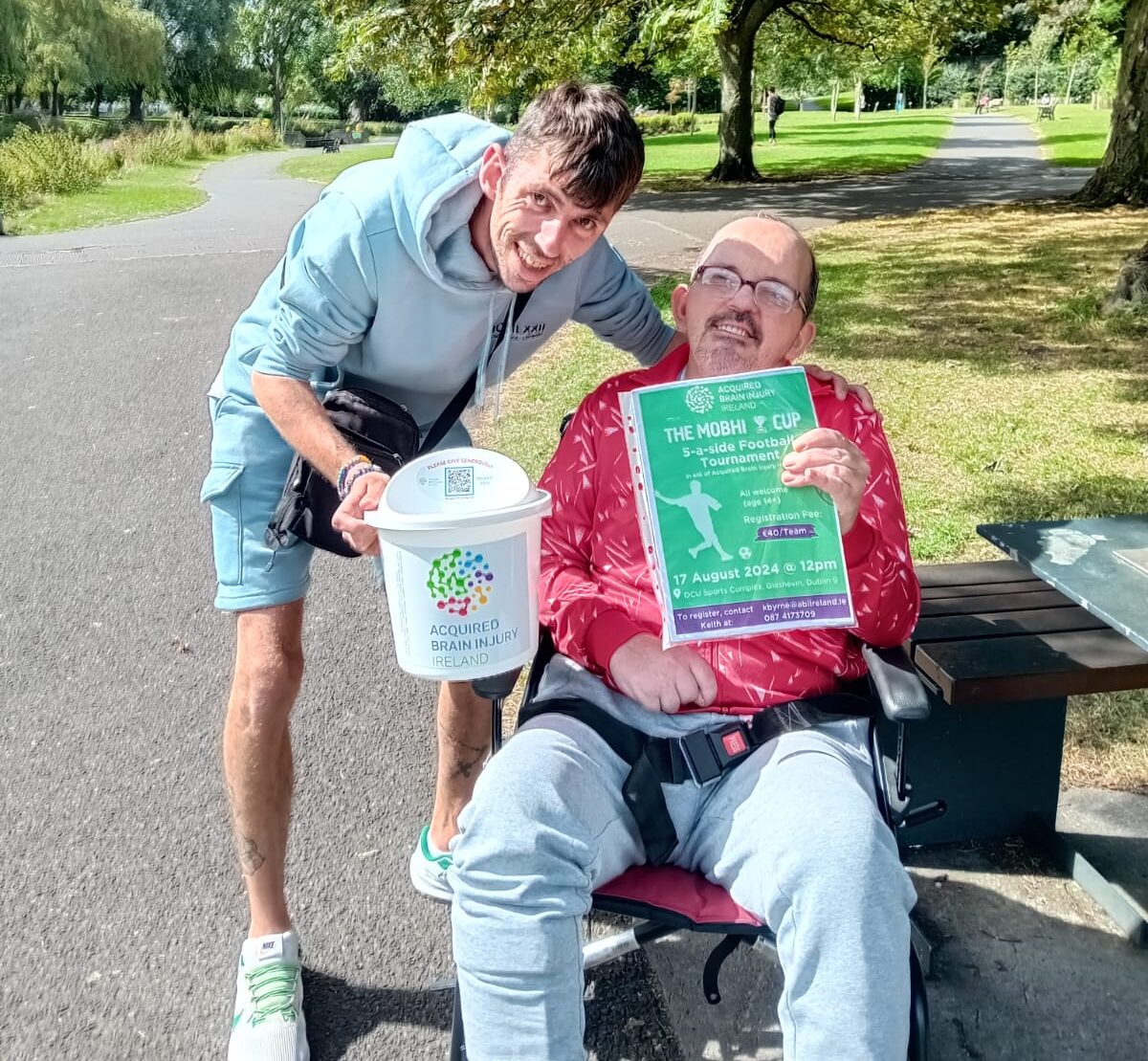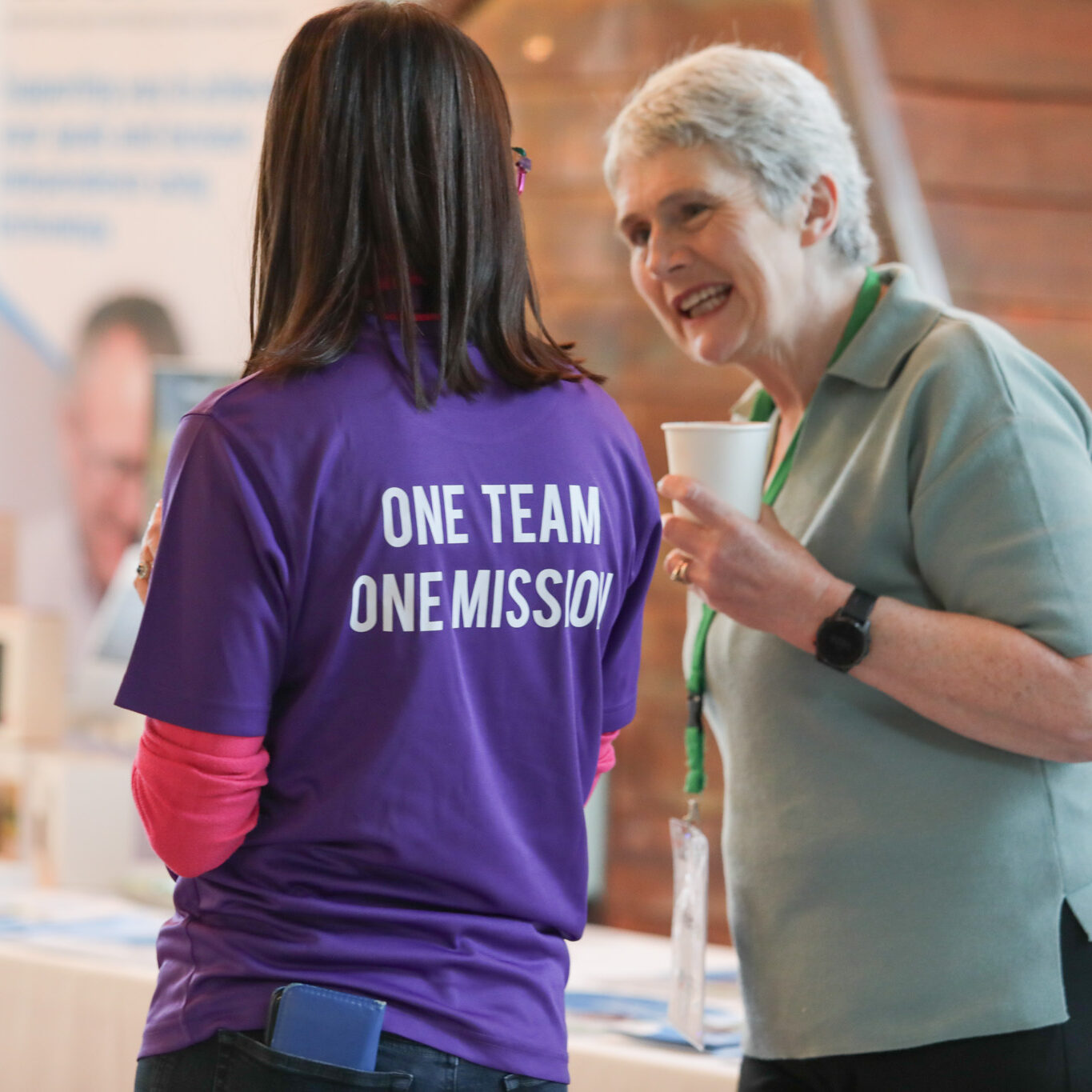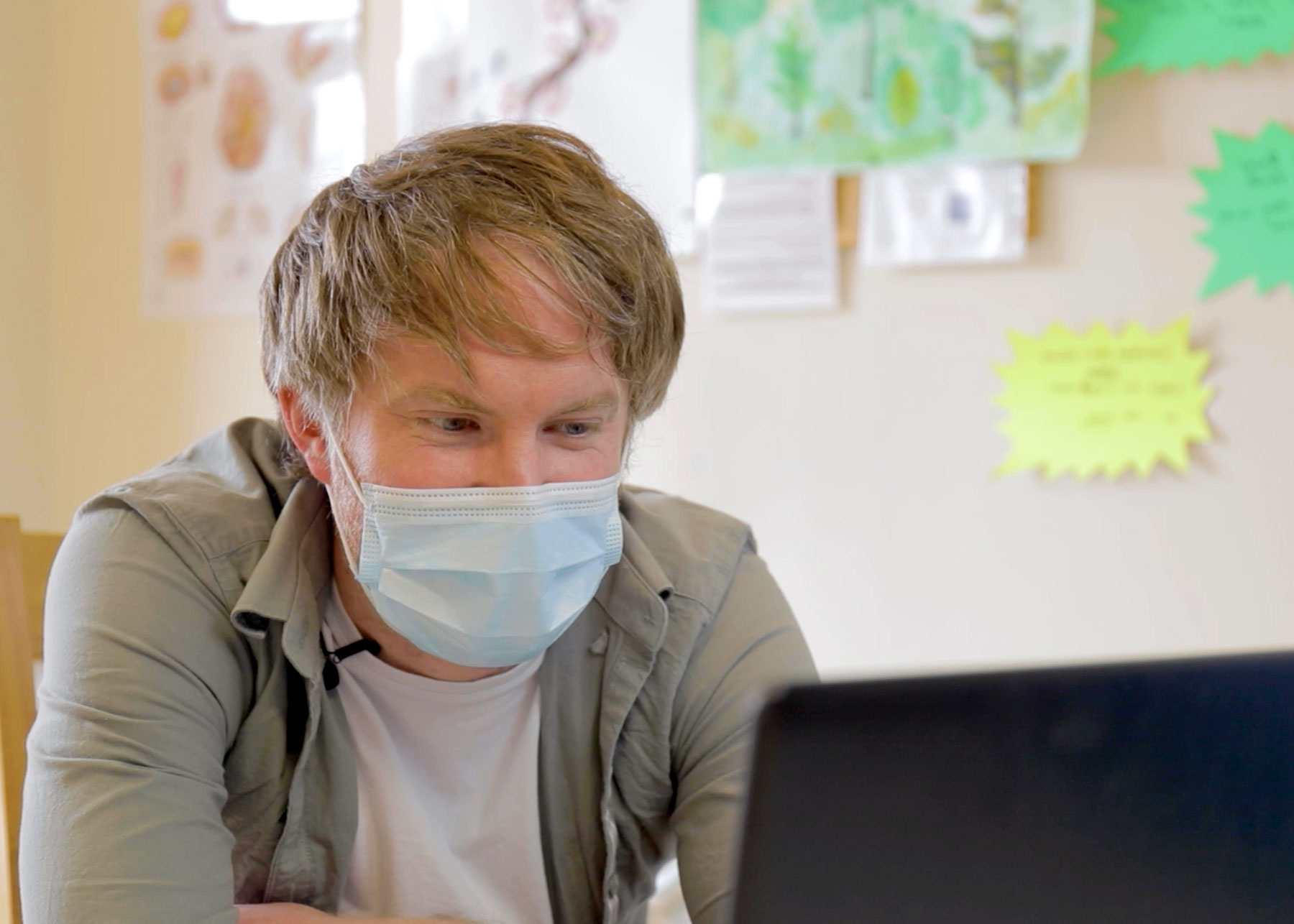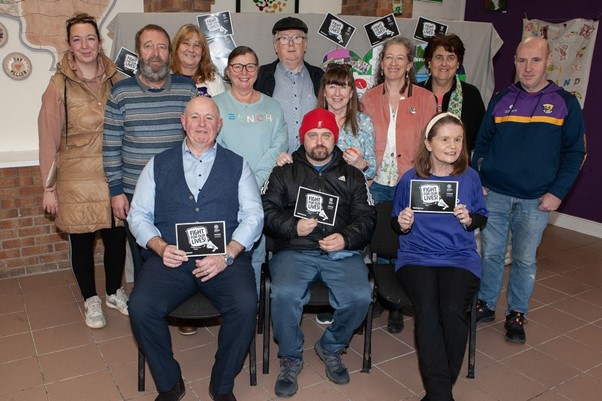Kate worked closely with Acquired Brain Injury Ireland (ABII) staff to develop the project proposal, methodology and to recruit participants. Kate carried out 1:1 interviews with 10 active service users in our day resource and home/community rehabilitation services, as well as a focus group with five staff participants.
Kate’s literature review highlighted that responding to Covid-19 adds to existing practical, psychological and socioeconomic challenges faced by brain injury survivors, accentuating their existing vulnerability.
Since March 2020, ABII recognised its responsibility as a leading neuro-rehabilitation organisation for brain injury survivors in Ireland. A 1,200 strong community of brain injury survivors use the ABII day and home support services. This meant a solution to enable its rehabilitation services to continue was crucial. The priorities were preventing Covid-19 from entering the community, as well as preventing service users’ progress from slowing or regressing.

